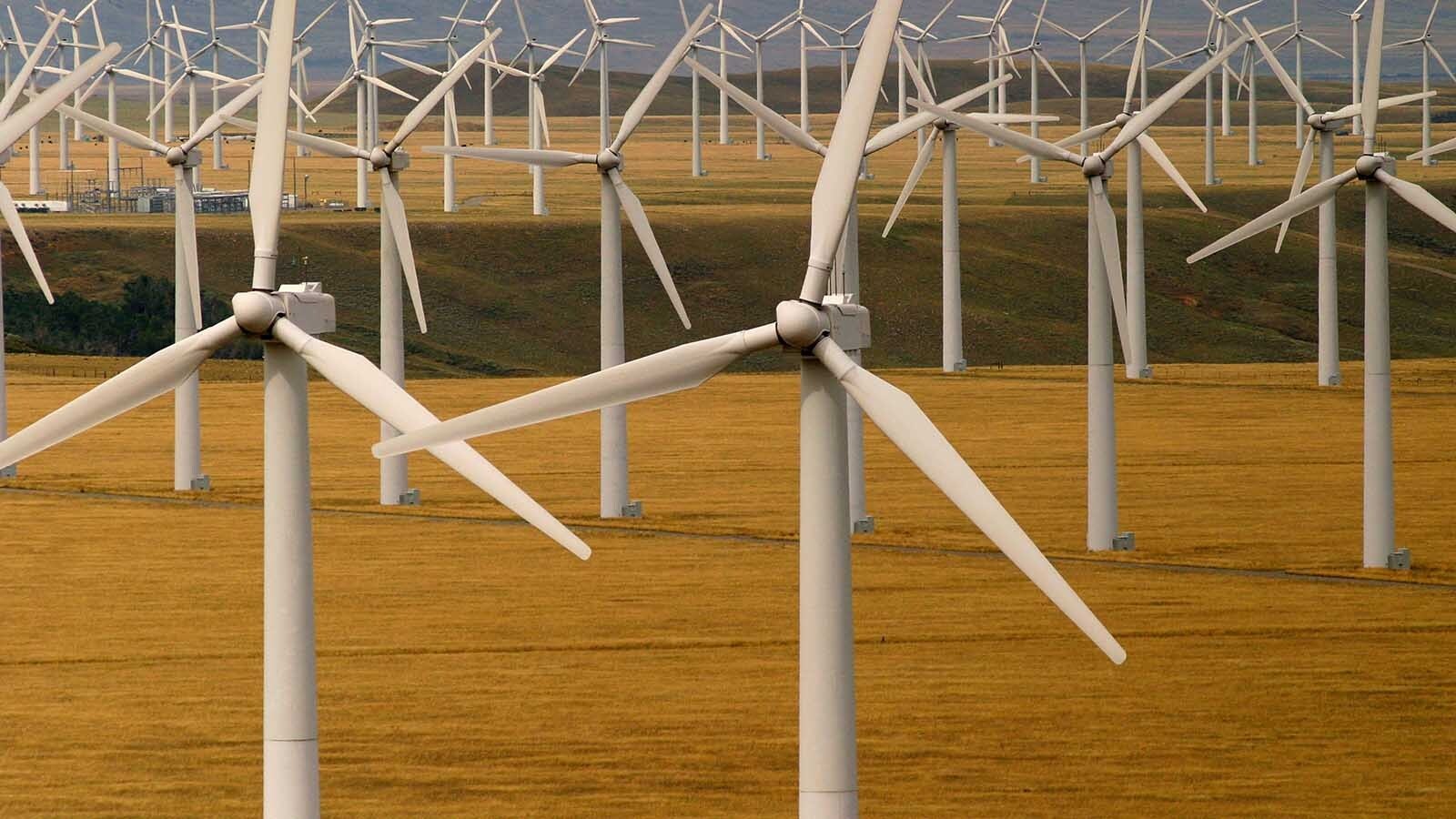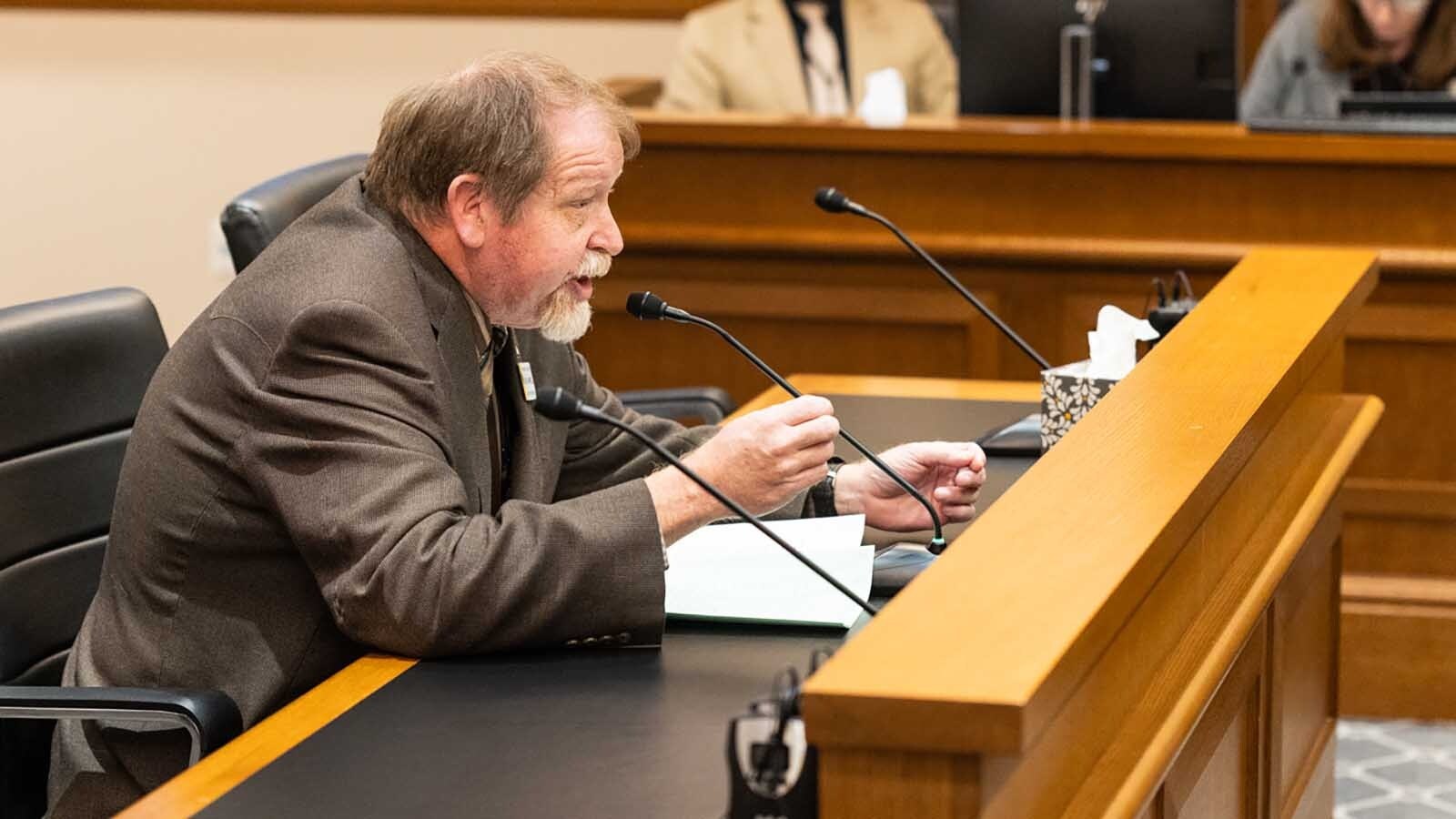Beginning with the new year, large trucks and buses made before 2010 are banned from California’s roads, which would include any Wyoming trucks entering the Golden State.
“Do I think that zero emissions vehicles are the future? Yeah, I do. I do think they are,” said Joe Rajkovacz, director of government affairs for the Western States Trucking Association. “But you know, instead of building a bridge to the future, they’re trying to shotgun a marriage that’s going to, in our view, kind of blow up in our face.”
Spreads Like Wildfire
Not all Wyoming-based truckers drive to California, but California’s clean air policies often are adopted in other states.
Sheila Foertsch, managing director of the Wyoming Trucking Association, said the association’s board is vigilant in keeping track of what California is doing.
“We are always aware of what California is doing and (are) concerned, because a lot of what they do then spreads to other states,” Foertsch said.
The federal Clean Air Act prohibits states from setting their own emissions standards, but a provision in the act authorizes the EPA to grant California a waiver from that restriction.
Other states can then go along with California’s regulations without EPA review.
For this reason, states like Colorado could follow California’s lead.
California also is banning the sale of gas-powered cars by 2035, and already 17 states are considering passing bans of their own. Colorado plans to nix sales of gas-powered cars by 2050.
Many ranchers in Wyoming transport cattle to processing facilities in Colorado, and they rarely have new trucks.
Should Colorado take on California’s old truck ban, it’ll have far-reaching impacts on Wyoming’s cattle industry.
Gradual Bans
California’s ban on old trucks will apply to diesel vehicles that weigh at least 14,000 pounds. According to the California Air Resources Board (CARB), about 200,000 vehicles in California aren’t in compliance with the rule.
Any owner trying to register older vehicles in California will be denied, and Rajkovacz said the state will cancel registrations as well. Additionally, CARB is working with the California Highway Patrol to enforce the rule on trucks coming from out of state.
The law is the last phase of emissions reductions regulations that were passed 15 years ago under then-Gov. Arnold Schwarzenegger.
Trucks built prior to 2007 have already been banned.
The Little Guy
It’s hard to say how many trucks on the road across America are not in compliance with California’s law, but a lot of trucks pass through the state.
KCRA Channel 3 in Sacramento, California, reports that 10% of commercial motor vehicles in that state aren’t in compliance.
Trucker Colin Klatt from Wisconsin, who passed through Wyoming on Tuesday, told Cowboy State Daily that he works for a company, and company trucks tend to be newer.
It’s the owner/operators who are independent that usually have older vehicles, he said.
“It’s not going to be good for a lot of veteran truckers,” Klatt said.
Kek Hatsady, a trucker out of Las Vegas also driving through Wyoming on Tuesday, said that companies with fleets tend to have newer trucks because they want warranties on their fleet vehicles.
Paul Tharp, another trucker passing through Wyoming, said he also works for a company, and the California law won’t impact him. He said he has family in California who drive trucks hauling dirt for construction, and they are going to have a hard time complying with the rule.
“I don’t know what they’re going to do,” Tharp said.
Five-Year Plans
As with passenger cars, used semitrucks have seen rapid increases in prices since the beginning of the COVID-19 pandemic. As a result, Rajkovacz said, compliance with the law is going to be enormously expensive for owners of old trucks.
Owners of higher-end trucks keep them running for as long as they can, Rajkovacz said, and then they rebuild them to run even longer.
He sold a 1997 Peterbilt in 2006, and the Wisconsin trucker who bought it completely rebuilt the vehicle.
“It looks nicer than the day I bought it off the showroom floor,” Rajkovacz said.
But as with so many rules California makes, Rajkovacz said, policymakers don’t consider the hardships rules impose on those that need to comply with them.
He likened the state’s emissions reduction targets to the five-year plans that Soviet bureaucrats would pass.
“They’ll blow up in their face, and they just create another five-year plan,” Rajkovacz said.





